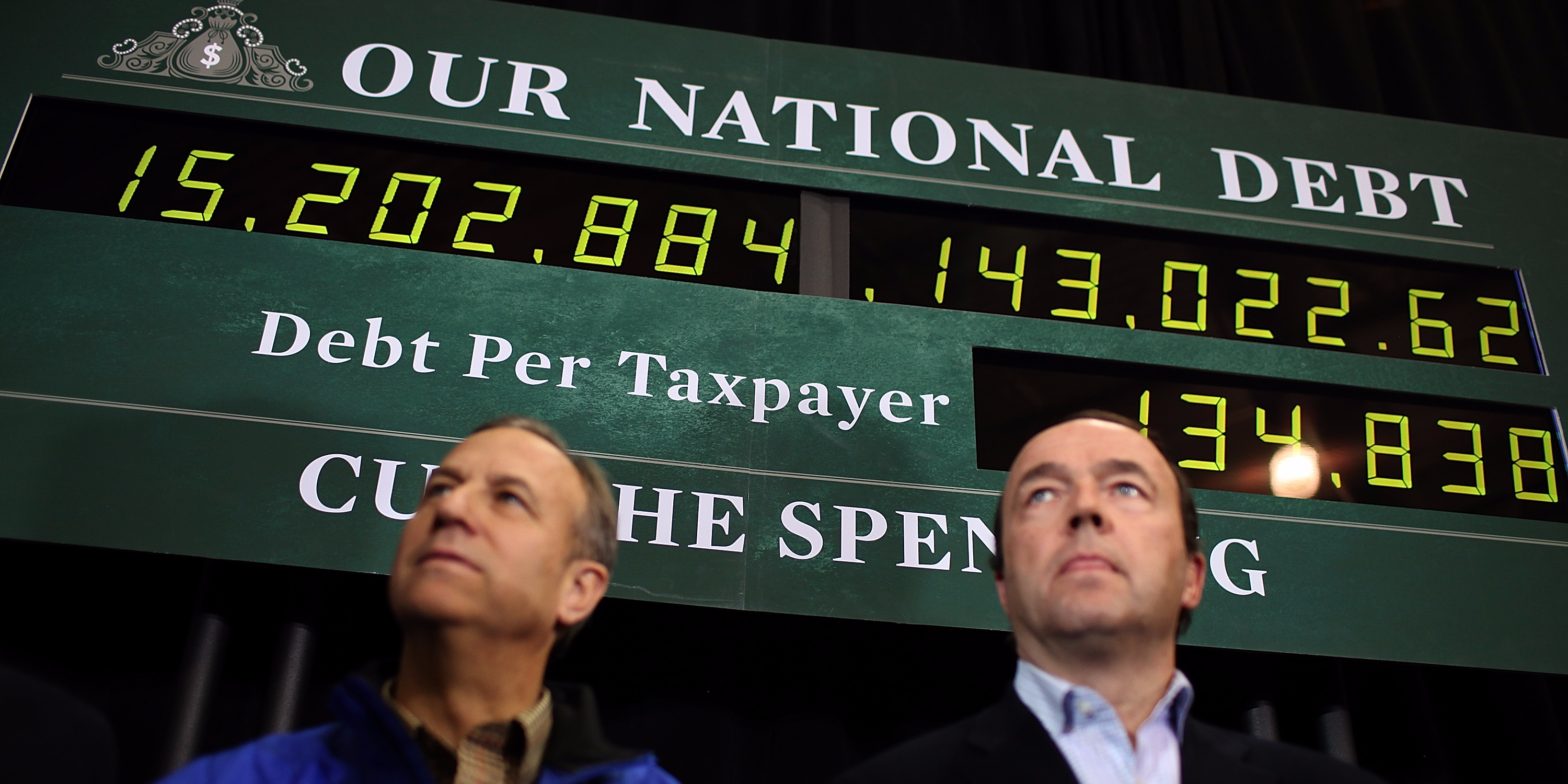A US debt crisis is an “imaginary” fear, and policymakers should focus on “real” problems, UC Berkeley economist Barry Eichengreen said. He stressed the importance of investment, which could stimulate the economy and lighten the debt burden. “Those who imagine an imminent debt crisis are making much ado about nothing.” Loading Something is loading.
Thanks for signing up!
Access your favorite topics in a personalized feed while you’re on the go.
Federal debts are rising, but a US debt crisis is an “imaginary” fear, according to UC Berkeley economist and former International Monetary Fund advisor Barry Eichengreen.
While lawmakers debate over lifting the government’s $31.4 trillion debt ceiling, he urged them to direct their concerns to spending more on critical infrastructure needs.
“Those who imagine an imminent debt crisis are making much ado about nothing. It would be better if US policymakers saved their energy – and political capital – for fighting real rather than imaginary battles,” the top economist said in an op-ed for Project Syndicate on Thursday.
By contrast, “Dr. Doom” economist Nouriel Roubini has warned rising debt burdens over the past decade would collide with soaring interest rates, which could result in a financial crisis and slam the economy with a severe recession.
But Eichengreen rebuffed such concerns, pointing to two reasons why US debt isn’t as bad as some experts say.
First, public debt isn’t soaring. It was below 100% of GDP in 2022, the threshold economists use to determine if debt levels are sustainable. And while it will grow to a more concerning level of around 110% over the next 10 years, it’s “by no means catastrophic,” Eichengreen said.
Second, borrowing costs aren’t exploding. The Federal Reserve has hiked the fed funds rate by 450 basis points to tackle high inflation, but those are short-term interest rates, Eichengreen said.
Long-term interest rates — as measured by the yield on 10-year bonds — are hovering around 3.6%, but the real rate is actually 1.2% after adjusting for inflation forecasts, Eichengreen estimated.
Meanwhile, more investment in critical infrastructure, climate change, health-care, and new technology could boost productivity, expanding the economy’s growth potential.
“Those same investments, if carried out intelligently, will boost economic growth, making debt sustainability less of a problem,” Eichengreen added.
